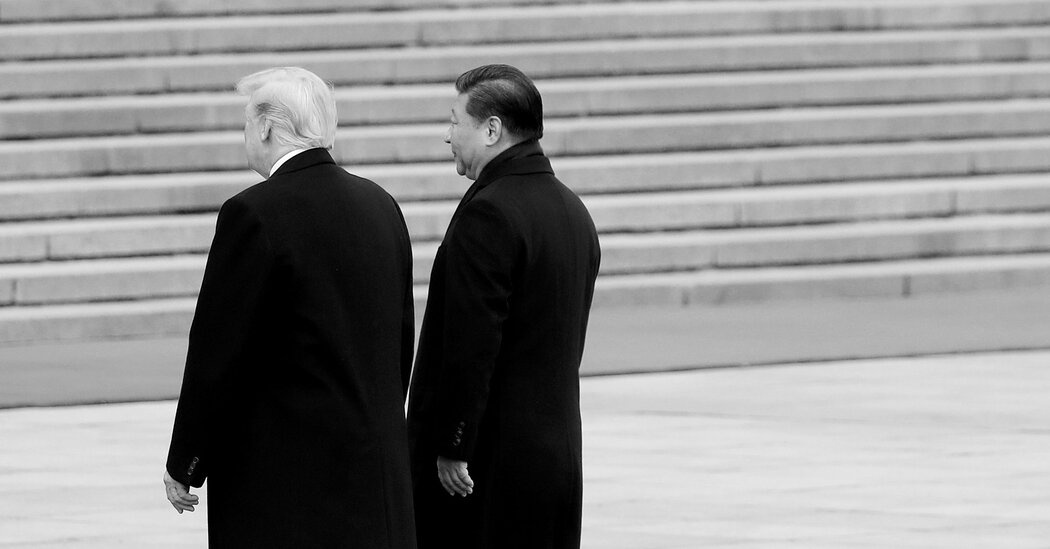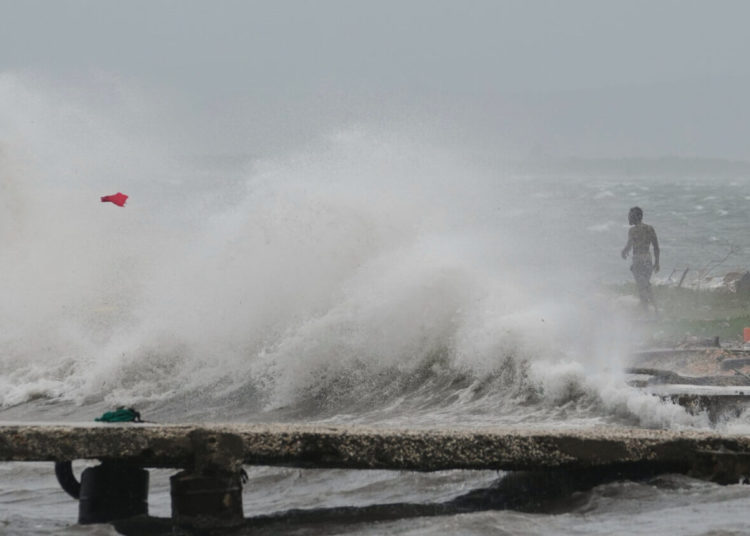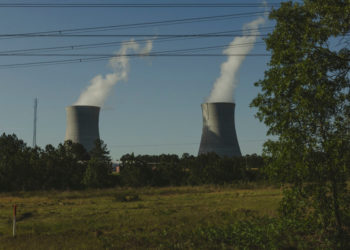When President Trump and President Xi Jinping of China meet this week the world will be watching to see if they can lock in a framework trade agreement and finally restore a sense of lasting stability and predictability to the world’s most consequential relationship.
Don’t count on it.
Whatever rhetoric or handshake deals come out of their planned encounter at a regional summit in South Korea, they are unlikely to signify more than a momentary truce between two leaders unchecked by domestic or institutional constraints and free to change course on a whim.
Welcome to the new strongman era.
If the world seems on edge these days, with alliances fraying, violent conflicts emerging and volatility as the order of the day, there’s a reason. These are the early shocks of a world being shaped by leaders who govern by personal will instead of rules and consensus.
Leaders like these are rising all over the globe — Nayib Bukele in El Salvador, Kais Saied in Tunisia and Viktor Orban in Hungary, along with well-established authoritarians such as Vladimir Putin of Russia and Kim Jong-un of North Korea.
And now, for the first time in the U.S.-China relationship, the two countries are being led by men with similar political styles. The consequences, at least for the next four years, are likely to be profound: more risk-taking, volatility and potential for miscalculation and conflict.
Mr. Trump and Mr. Xi, and the nations they lead, differ of course in myriad ways. Yet both men have sought to bend their political systems to their will. Mr. Trump has hijacked the Republican Party and made it into a personal political vehicle. Mr. Xi asserts a degree of control over China that Mao would have envied.
Their lack of domestic constraints gives them great latitude for deal-making, but it also makes any potential agreements flimsy and subject to change. Strongmen can be unreliable international partners. Surrounded by loyalists and weakened restraints on their power, they face few domestic consequences for reneging on promises or abruptly changing course. We’ve seen this already from the two presidents: The Trump administration accuses China of failing to honor trade pledges made during Mr. Trump’s first term, and Mr. Trump himself has repeatedly announced tariffs on trade partners this year only to reverse himself soon after.
The lack of constraints can work against global security. Because strongmen are not held accountable, they do not have to make good on their word, so their threats lack credibility. Amid the bluster, their counterparts find it difficult to gauge where the red lines truly are — Mr. Trump delivered multiple ultimatums to Mr. Putin for a cease-fire in Ukraine that he has systematically ignored.
In such an environment, guardrails for international behavior fade away, increasing the likelihood for conflict. A growing body of research shows that authoritarian leaders — surrounded by yes men who feed their egos and policy convictions — are more likely to take risks, start wars and escalate conflicts.
Russia’s invasion of Ukraine is a prime example. Surrounded by his own set of sycophants, Mr. Putin gravely misjudged Ukraine, starting a war that has rattled the world. Mr. Trump’s apparent extrajudicial killings of alleged drug smugglers in the Caribbean and his threats to attack Venezuela are in the same risk-taking vein, as are China’s brazen military actions in the South China Sea and Taiwan Strait under Mr. Xi. Interstate conflict is already on the rise. That may continue with leaders like these in charge.
The consequences of strongman rule also seep into the fabric of economies and everyday life.
Such leaders are more likely to attack independent domestic institutions like their central banks, as Mr. Trump is doing with the U.S. Federal Reserve, which threatens to stoke inflation and make it less predictable. Economic growth and equality often suffer under personalist autocracies, which tend to concentrate wealth among elites, suppress private investment that depends on consistent policies and neglect essential public goods such as education, health care and infrastructure. The trade war that Mr. Trump has initiated with China and other trading partners is already leading to economic disruption and predictions of slower global growth.
Strongmen often pad their pockets and those of their loyalists and undermine their own economies by shifting assets offshore. Mr. Xi’s family, for example, has reportedly amassed over $1 billion in assets, even as he has used an anti-corruption campaign to purge his rivals. Mr. Trump’s unrestrained second term has coincided with a spike in his family’s involvement in deals involving Middle East real estate, cryptocurrency and licensing fees.
Repression also rises as authoritarians fabricate fears about “enemies within.” Mr. Xi’s regime has jailed or silenced dissenting journalists and human rights lawyers, exaggerated an Islamist terrorism threat in Xinjiang to justify extreme repression there and eliminated Hong Kong’s former freedoms in the name of “national security.” Mr. Trump’s administration has launched immigration raids and deployed National Guard troops to Democratic Party strongholds, destroying private property and detaining U.S. citizens. He has launched politically motivated prosecutions of perceived enemies and sought to impose control over independent U.S. government agencies.
The damage inflicted on political institutions and norms can be severe and difficult to undo. Poland, for example, faces challenges in restoring the independence of its judiciary, which was undermined from 2015 to 2023 during the rule of the Law and Justice Party and its leader, Jaroslaw Kaczynski.
What we’re experiencing today has in fact been the norm for much of history. Only in the last century or so did governance became more collegial, especially in the postwar period, when solid institutions, alliances and rules led to an unprecedented era of global peace and prosperity.
That era is fading. And rather than provide reassurance about the relationship between the United States and China, this week’s meeting between Mr. Trump and Mr. Xi might represent something else: confirmation that the unpredictability and volatility of strongman rule is back.
Erica Frantz is associate professor of political science at Michigan State University and a Charles F. Kettering Foundation Research Fellow.
Andrea Kendall-Taylor is senior fellow and director of the trans-Atlantic Security Program at the Center for a New American Security.
Joseph Wright is a professor of political science at Pennsylvania State University.
They are the co-authors of “The Origins of Elected Strongmen: How Personalist Parties Destroy Democracy from Within.”
The Times is committed to publishing a diversity of letters to the editor. We’d like to hear what you think about this or any of our articles. Here are some tips. And here’s our email: [email protected].
Follow The New York Times Opinion section on Facebook, Instagram, TikTok, Bluesky, WhatsApp and Threads.
The post Don’t Count on Xi and Trump to Steady the World appeared first on New York Times.




